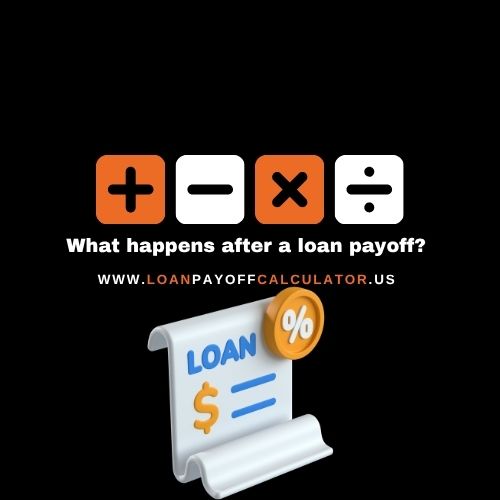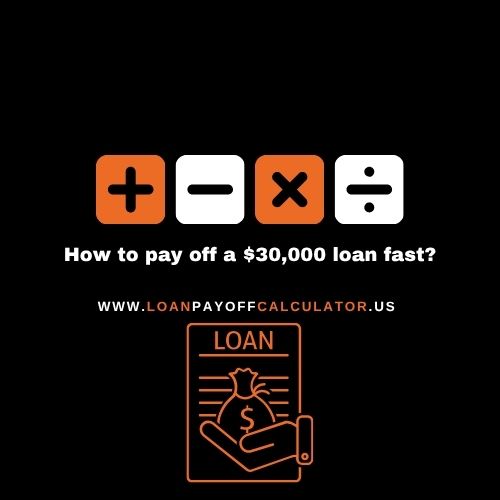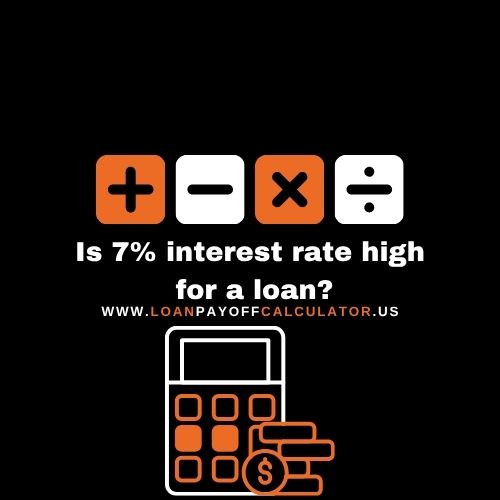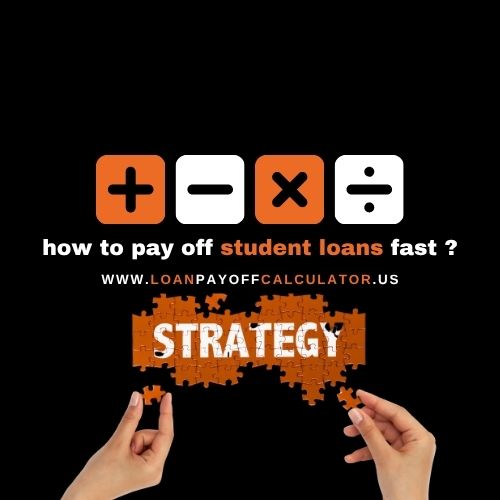What Happens After a Loan Payoff? – Steps & Surprises You Should Expect
Millions of Americans pay off loans every year—whether it’s a car loan, student loan, or personal loan.
But what actually happens after you make the final payment? Does your credit score jump? Do you get the title to your car?
If you’ve ever wondered what happens after a loan payoff, here’s exactly what you need to know.
Immediate Effects After a Loan Payoff
- Lender updates balance to $0 — your account is marked paid in full and closed to new charges.
- You receive a loan payoff letter stating the debt is satisfied with a zero balance. Keep it with your records.
- For car loans: the lender issues a lien release, so you can obtain (or are mailed) a clean title in your name.
- For mortgages: a mortgage satisfaction is recorded with the county to remove the lien on your property.
These steps officially close the account, update your credit files, and restore full ownership rights where applicable.
Credit Score Impact After a Loan Payoff
The big question is: does paying off a loan help credit? Usually it does—especially if your balances were high—but the effect depends on your overall profile.
- Utilization relief: Dropping the balance to $0 lowers your total debt load and can deliver a small score boost.
- Credit mix nuance: If it was your only installment account, your mix may narrow and cause a minor, temporary dip.
- Long-term positive: A paid-off tradeline on your reports is powerful proof of successful debt management and helps over time.
Bottom line: the credit score after loan payoff can wiggle short-term, but it trends positive as your clean history ages.
Financial Freedoms After Paying Off a Loan
Life after a loan payoff often feels like getting a raise. Once the monthly payment disappears,
you instantly free up extra cash that can be redirected toward bigger goals.
Whether you want to save more aggressively, invest, or tackle remaining debts,
this new flexibility is one of the most rewarding parts of becoming debt-free.
- Extra cash flow each month: Your budget gets immediate breathing room without the fixed loan obligation.
- Opportunity to save and invest: Redirect payments into an emergency fund, retirement account, or stock portfolio.
- Pay down other debts: Use the freed-up amount to accelerate repayment on credit cards or other loans with higher interest.
- Real-world example: Paying off a $400/month car loan frees up nearly $4,800 per year—a powerful sum for savings or travel.
In short, life after loan payoff comes with a level of financial freedom
that helps you move from simply covering bills to building real wealth.
Potential Pitfalls After a Loan Payoff
While paying off a loan is a big financial milestone, there are a few common mistakes borrowers make
that can cause headaches down the road. Knowing them ahead of time helps you avoid unnecessary costs
and ensures your payoff goes smoothly.
- Prepayment penalties: Some lenders charge a fee if you pay off the loan early.
Always double-check your loan agreement to make sure you’re not blindsided by extra charges. - Forgetting to cancel auto-pay: If you’ve set up recurring payments,
be sure to turn them off once the loan is closed to avoid accidental withdrawals. - Not saving your payoff confirmation: Your loan payoff letter is proof
that the debt is satisfied. Without it, you could face disputes later if the lender’s records
don’t update properly.
These small oversights can turn a positive moment into a source of stress.
Stay organized, keep your documentation, and verify all accounts are updated once the payoff is complete.
Example Timeline After a Loan Is Paid Off
Every lender moves at a slightly different pace, but most U.S. borrowers can expect the following
loan payoff timeline. Here’s how the process typically unfolds after the final payment is made:
| Day Range | What Happens |
|---|---|
| Day 1–7 | Final payment clears; account balance shows $0. |
| Day 7–30 | Lender mails or uploads your payoff letter and, if applicable, issues a lien release. |
| Day 30–60 | Credit bureaus update your report to show the account as “paid/closed.” |
Tracking this timeline helps you verify that your loan closure was processed correctly and
ensures all your records reflect the after loan paid off status without delays.
Try Our Exclusive Loan Tools — Built for Smarter Payoff
These free, premium-grade calculators were designed for real borrowers like you.
Plan faster student loan payoff, reduce interest, and compare repayment strategies with ease.
Loan Payoff Calculator →
Loan Interest Calculator
Loan Comparison Calculator
Loan Refinance Calculator
No guesswork. No hidden fees. Just the smartest way to manage any loan payoff.
Loan Payoff FAQs
Here are the most common after loan payoff questions borrowers ask, with straightforward answers:
1. How long does it take to get my title after a loan payoff?
For auto loans, most lenders issue a lien release within 7–30 days. Depending on your state, you’ll either get a paper title in the mail or see the electronic record updated.
2. Does paying off a loan increase my credit score?
Yes, paying off debt can improve your utilization ratio, but if it was your only loan, your credit mix may dip slightly. Over the long term, it’s a positive for your credit history.
3. Should I close the account after payoff?
The lender will mark the account as “paid/closed.” You don’t need to take additional action, but always keep a copy of your payoff letter for records.
4. Can I still refinance after a payoff?
No—once the loan is fully paid and closed, there’s nothing left to refinance. You would need to apply for a new loan if you want to borrow again.
5. What should I do with extra money after paying off a loan?
Many borrowers redirect the freed-up cash toward an emergency fund, retirement savings, or paying down other high-interest debts.
Conclusion: What Happens After a Loan Payoff
Paying off a loan is a major financial milestone. It frees up monthly cash flow, strengthens your credit profile over the long term,
and delivers peace of mind knowing the debt is behind you. Whether you choose to save, invest, or tackle other obligations,
the path ahead is yours to shape.
✅ For more details, see the official
CFPB – Getting Out of Debt Guide







